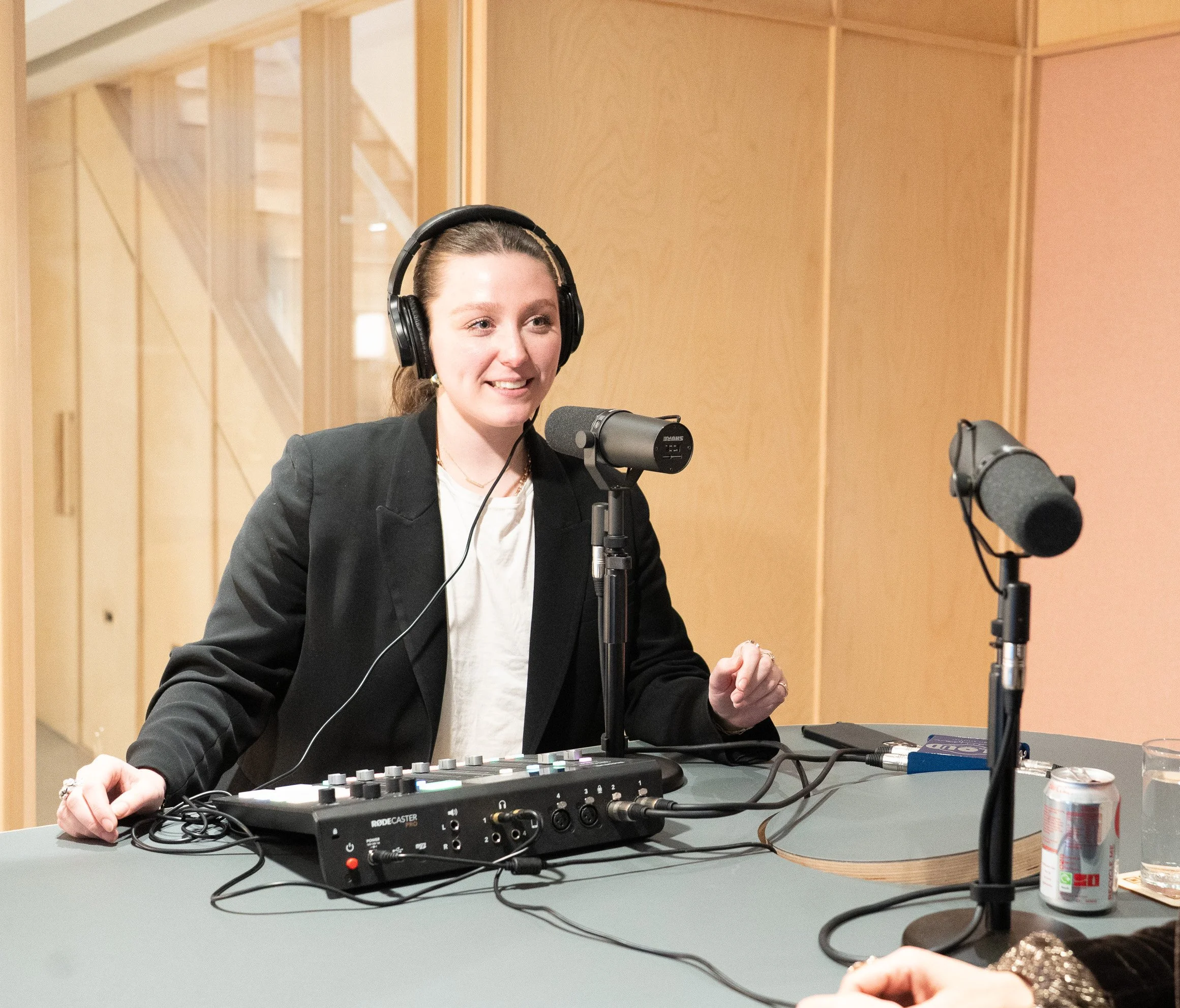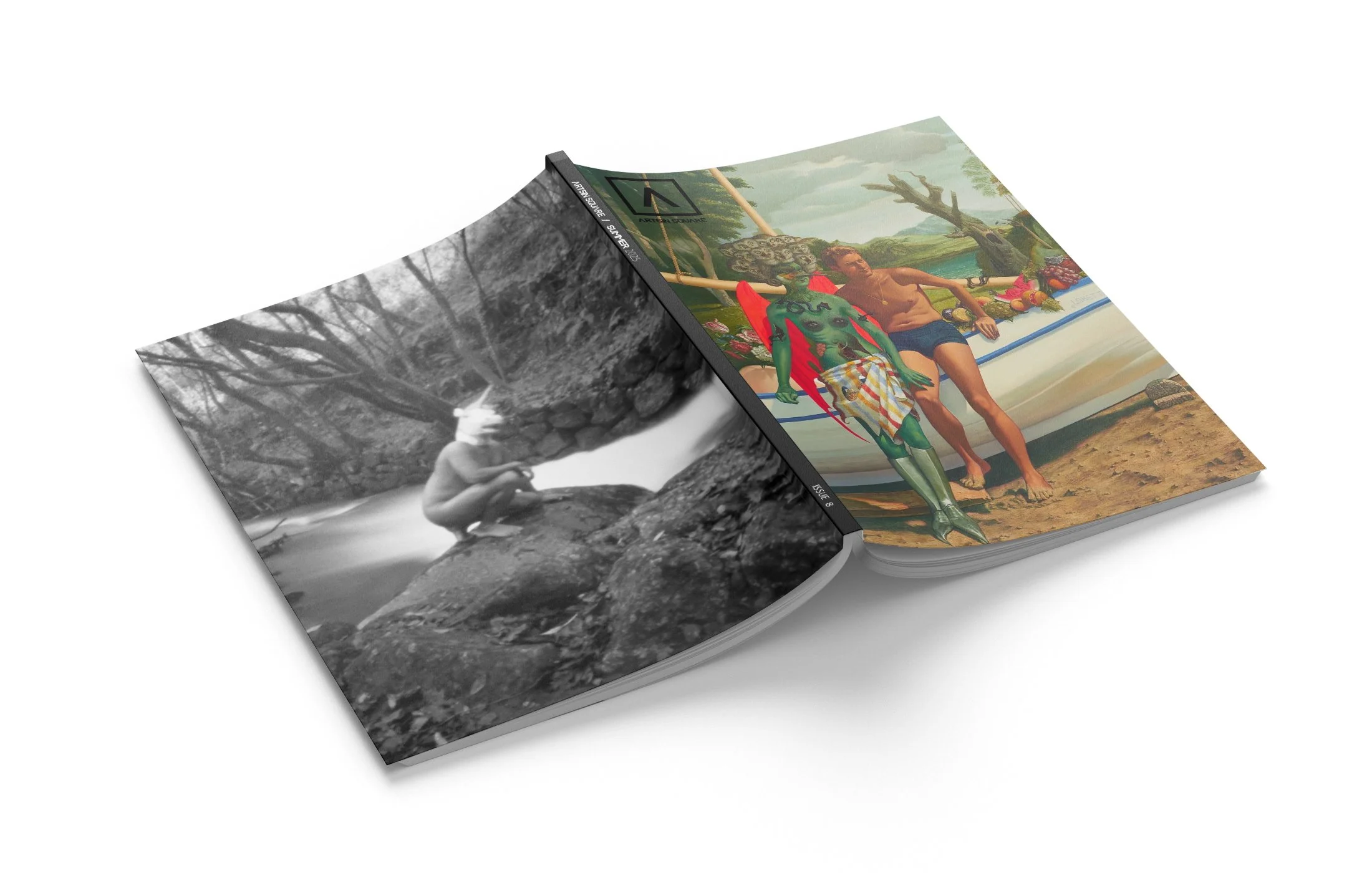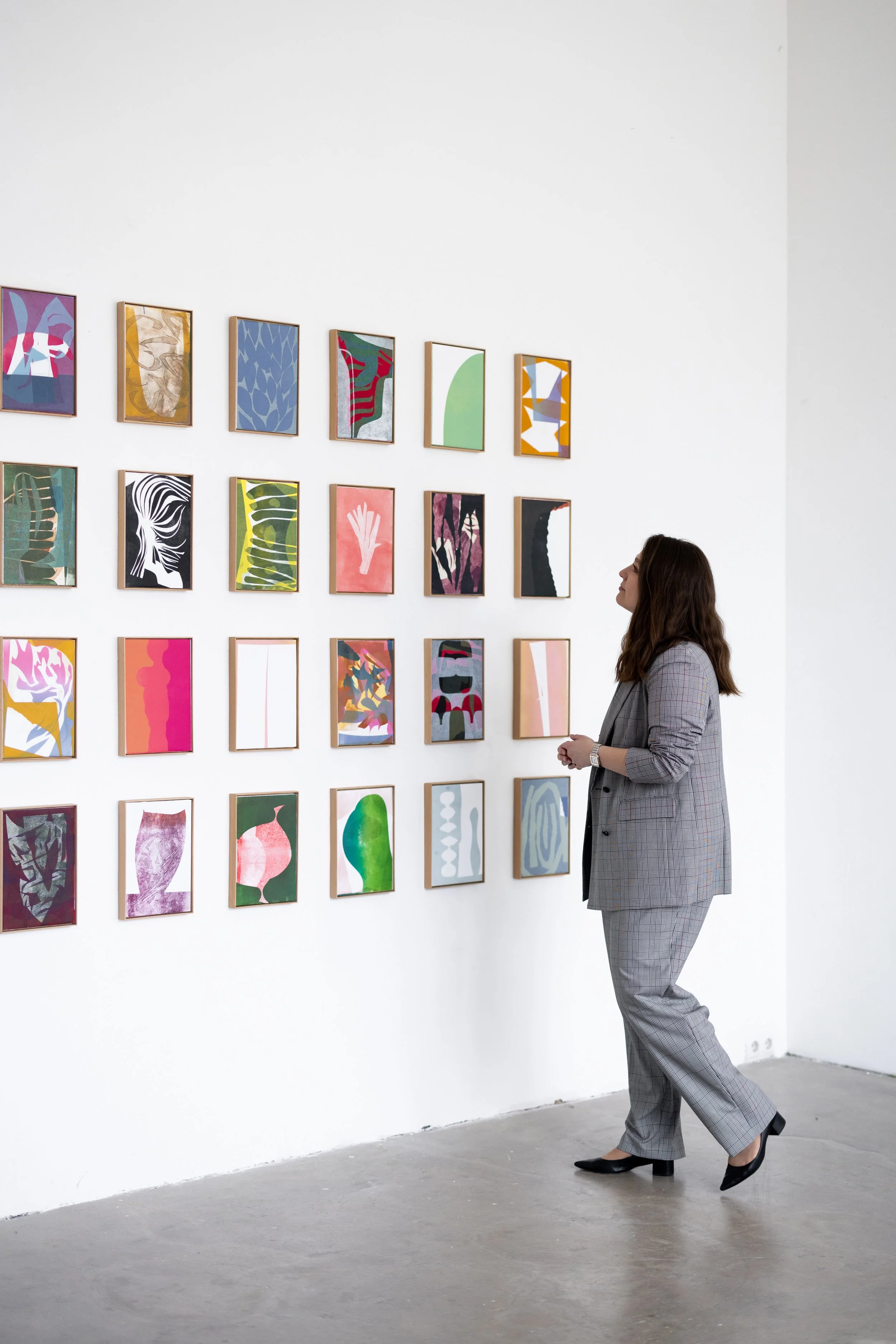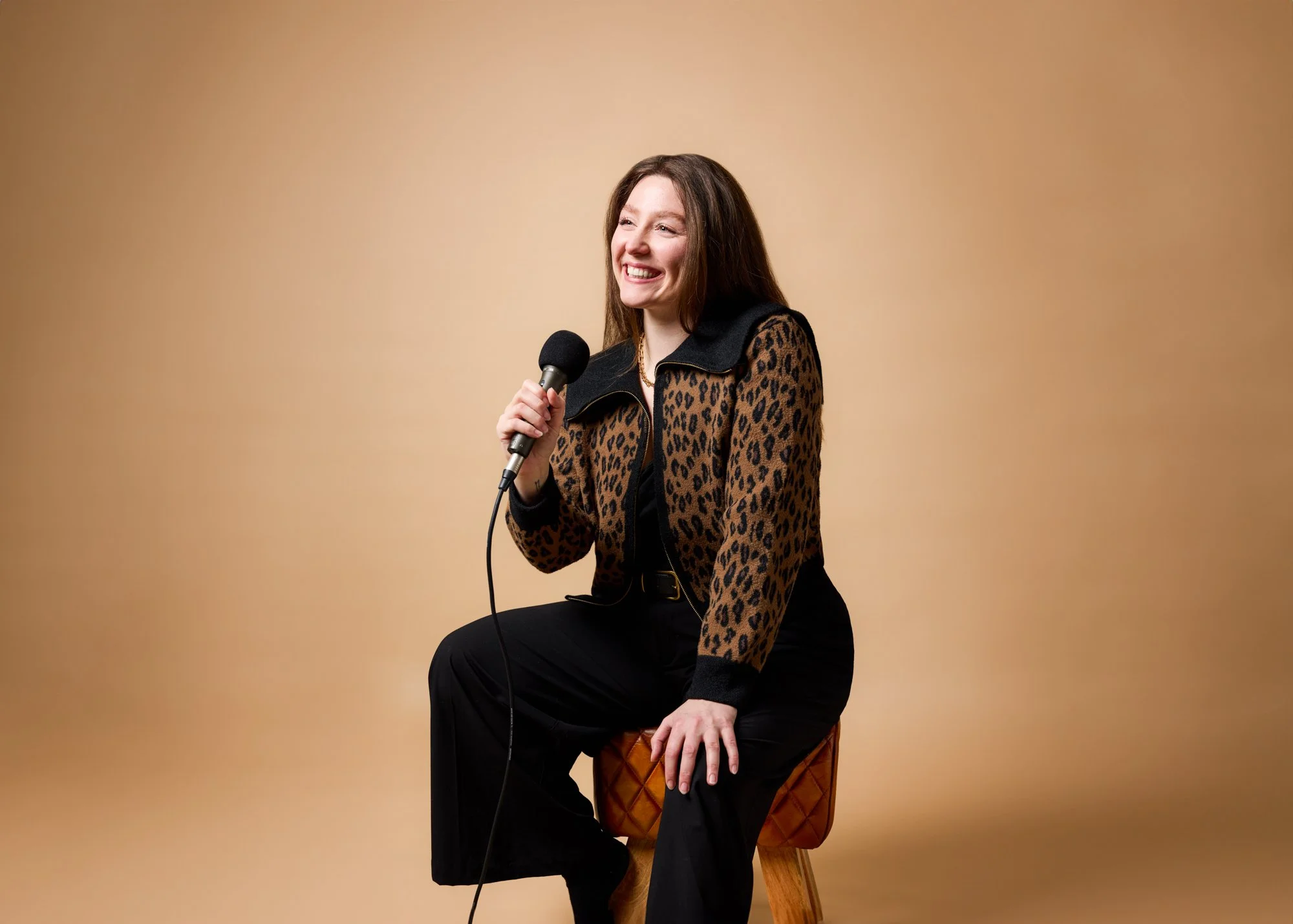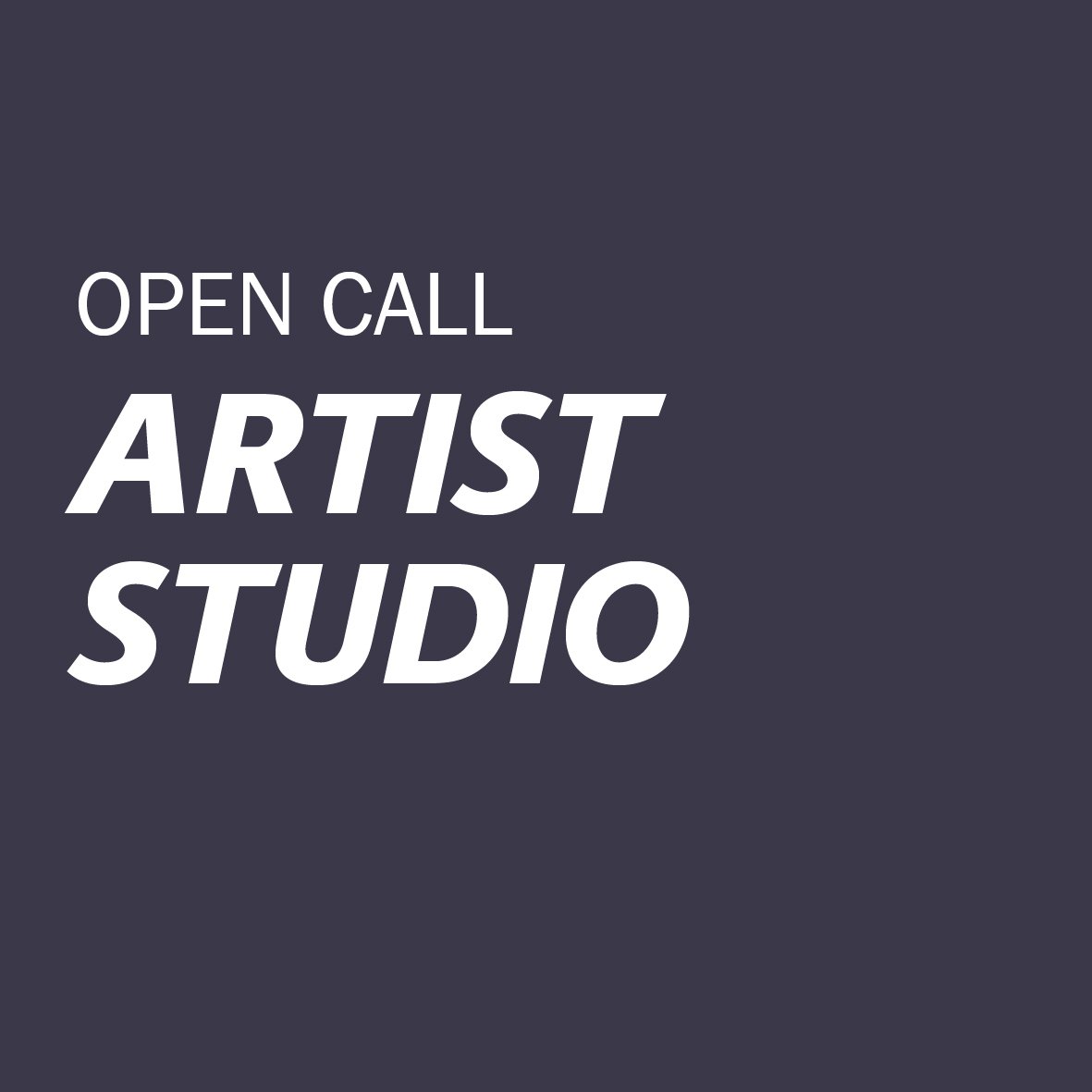Alexandra Steinacker-Clark
Alexandra Steinacker-Clark is an American-Austrian art historian, curator, writer and podcaster. She is the founder and host of All About Art, a podcast dedicated to demystifying the professional art sector, a TEDx Speaker, and co-director of NXT GEN, a platform for emerging professionals in the creative sector. She is represented by Aevitas Creative literary agency and lives and works in London, UK.
You’ve studied at both UCL and Goldsmiths—how did each institution shape your perspective on the art world?
UCL gave me a really great academic education throughout my three-year bachelor’s degree in the History of Art. I learned how to actually look at art while developing a vocabulary to speak about it, which serves me not only in my professional endeavors today but also my personal ones. It taught me how to communicate on a deeper level, while I also learned about histories—political, creative, economic, the list goes on. I also met wonderful people I am still in touch with today, who have gone on to do amazing things in the arts.
At Goldsmiths, I was part of the Institute for Creative and Cultural Entrepreneurship, studying Arts Administration and Cultural Policy for my master’s. It was a new programme—I think I was the second cohort to do it—but it was the best thing I could have done. It made me think about the cultural industries from a wider perspective and taught me practical approaches to the industry, including how to write a business plan and think about leading an arts organization. That experience still defines how I approach my work today, both theoretically and practically.
What led you to pursue a specialization in contemporary art and the art market specifically?
I came to London thinking I would specialize in Old Master Paintings and go on to work at an auction house or museum—at the time not understanding how vastly different those two things were. In my first year at UCL, I was working as a barista but wanted (and needed) another part-time job. I thought a role in the art world would be ideal, and although I applied to restaurants and pubs, I also interviewed at Sotheby’s.
I didn’t find a part-time job at a non-profit that could pay my rent, so I went straight into the commercial sector. I landed in client services at Sotheby’s—working on reception—which turned out to be career-defining. Watching my first contemporary art auction after seeing the works in their pre-sale exhibition, I fell in love with it. From there, I pursued internships at modern and contemporary galleries, like Galerie Thaddaeus Ropac in Salzburg, where my passion for contemporary art truly solidified.
Alexandra was the guest curator for Issue 8 of ArtsinSquare Magazine. All works in this issue were selected by her, and her interview is also included. Learn more.
You’ve held roles across a range of institutions—from commercial galleries to public museums. How have these different experiences informed your curatorial and academic approach?
My experience in the commercial sector is much more extensive than in public museums, since I’ve held full-time gallery positions but only interned at a museum. That said, through my All About Art Podcast, I’ve spoken to so many people across the sector that I feel I now have a strong understanding of the breadth of roles. Of course, it’s not the same as working in each place myself, but those interviews have given me a holistic grasp of how the art world functions.
My approaches are shaped not only by my own experiences but also by the knowledge generously shared with me by others, and that collective perspective informs everything I do.
What was one of the most transformative moments during your time working at major institutions like Sotheby’s or Galerie Max Hetzler?
Watching the Banksy shred in the saleroom in 2018! I was young and new to the industry, and it was one of the most thrilling things I’ve ever seen—it showed me how exciting the art world can be.
Beyond that moment, working in both large and small organizations has shaped me in countless ways. I’ve learned not only about art and artists but also about being a good teammate, advocating for myself, and understanding how art businesses are run. Each role has transformed me in different ways as I’ve grown.
What inspired you to launch the All About Art podcast, and did you anticipate it would become one of the most followed and shared globally?
I was about to graduate from my master’s, and while I enjoyed working at the auction house, I knew it wasn’t where I wanted to stay. I also knew there were so many jobs in the arts but didn’t fully understand what they entailed or how they differed. That’s when I began interviewing people—at first just peers, and later directors and leaders.
By the end of the first year, I was in a museum director’s office, learning how she steered her institution through a pandemic. I hoped the podcast would have an impact, but I couldn’t have imagined how much it would transform my career for the better.
How do you choose your podcast guests, and what qualities or stories do you find most important to highlight?
Most of the time, I’m approached directly by people or their PR teams, but sometimes it’s more spontaneous. For instance, in New York recently, I had drinks with an artist who introduced me to someone from MoMA—we hit it off, and ended up recording an episode while I was still in the city.
I try to prioritize variety. I’ve already spoken to many gallerists, so now I focus more on less-visible roles that are vital to the art world’s ecosystem. I love highlighting jobs that aren’t widely known but are essential—because ultimately, we’re all working together like cogs in a much larger creative machine.
You’ve spoken about “demystifying” the professional art sector. What do you think are the biggest misconceptions emerging professionals have about the industry?
That you need wealth or pre-existing connections to make it. I come from a lower-income background, with no family ties to the arts. I built my path through networking—largely thanks to the podcast, but also through internships—by being open, kind, and vocal about my goals.
There are people in the industry who genuinely want to support the next generation. I believe transparency is key so that newcomers can be better equipped to approach people, secure opportunities, and grow their careers.
How can institutions and professionals meaningfully improve accessibility and engagement within the arts?
Those are big concepts, but in terms of people wanting to work in the sector, it starts with education and policy. In the last 10 years in the UK, over 50% of arts funding has been cut, and now fewer than 8 state schools even offer History of Art at A-level. That’s devastating.
It isn’t fair that the burden always falls on cultural practitioners to increase accessibility when their hands are tied by policy and funding. Supporting policies that prioritize the arts is crucial.
That said, within the industry, we are still trying—through clubs, membership groups, graduate programmes, and work experience. These initiatives help create connections and jobs. Continuing them is essential to making the arts more accessible.
As co-director of NXT GEN, what are some of the key challenges you’ve observed for early-career arts professionals?
Networking is a big hurdle, especially for those who don’t live in cultural capitals like London. Beyond that, understanding the industry and its career paths can be difficult.
At NXT GEN, we aim to equip people with both industry knowledge and connections, setting them up for success through our programming and resources.
Can you share a success story from someone who went through the NXT GEN program that especially stayed with you?
NXT GEN is an ongoing community rather than a set programme with a beginning and end. Our goal is to foster inclusivity—such as openly discussing finances and class barriers—while building connections with peers and mentors.
We’ve had members land internships or impress their teams using knowledge gained through our events. But really, success comes from both what we provide and their willingness to seize opportunities. My hope every day is that NXT GEN positively impacts the sector and makes early-career professionals feel supported both practically and emotionally.
What values guide your work when curating or building educational programming?
When designing programmes for NXT GEN, I think about what I wish I’d had when starting out, as well as mistakes I made that I hope others can avoid. We make sure to decentralize by offering both live and online events, keeping costs low so fees are affordable while still paying contributors fairly.
Our online events include:
Career FAQs with professionals sharing what their jobs entail
How-To series offering practical advice, like how to hang an exhibition
Toolkits with more in-depth, multi-part learning (such as our Media Toolkit with journalist Nancy Durrant).
Our live events vary from casual walks and networking to structured “Network and Chill” evenings with mentors. We also organize group art fair visits. This variety keeps the programme accessible and dynamic.
You’ve also given a TEDx talk—what was the focus of your talk, and what do you hope the audience took away from it?
The title was Can Consuming Art Increase Empathy? My answer was yes—but if engaging with art is so good for us, why do most people look to the Kardashians instead of a Kandinsky? Why buy designer bags instead of artworks?
I traced how public relations in the 1920s shaped our cultural “taste,” conditioning us to desire certain things.
I hoped the audience left inspired to swap one pub night for a gallery visit, giving art the chance to spark introspection and growth.
What’s a topic or issue in the art world you feel is currently under-discussed but critically important?
Money—more specifically, pay.
What upcoming projects or ideas are you most excited to pursue in the next year?
I’m looking to level up the podcast, exploring sponsorships and moving into video production to reach new audiences. There’s also a project I’ve been working on for the past year that I can’t announce yet—but I’m very excited to share more when the time comes.
Related Pages
Meet the Artist
Joe Hedges


